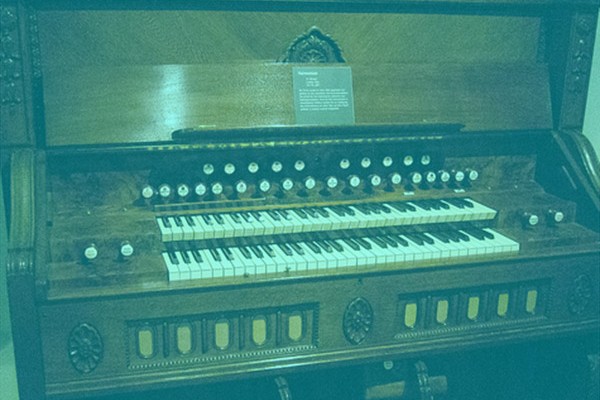A track marked
by broken branches
traverses Redhill Wood
to the pheasant farm; an access road
leads to the dismantled
Southern Line at Bishopsbourne,
home of the orchidist
and the church whose organist
slipped gently off his organ stool.
The Nail Bourne’s waterless this year,
up from its bank cubes
and cylinders cut from a fallen tree
leave a rough negative
Image: Blue cascades / flickr
Read the rest of Overland 231
If you enjoyed this poem, buy the issue




